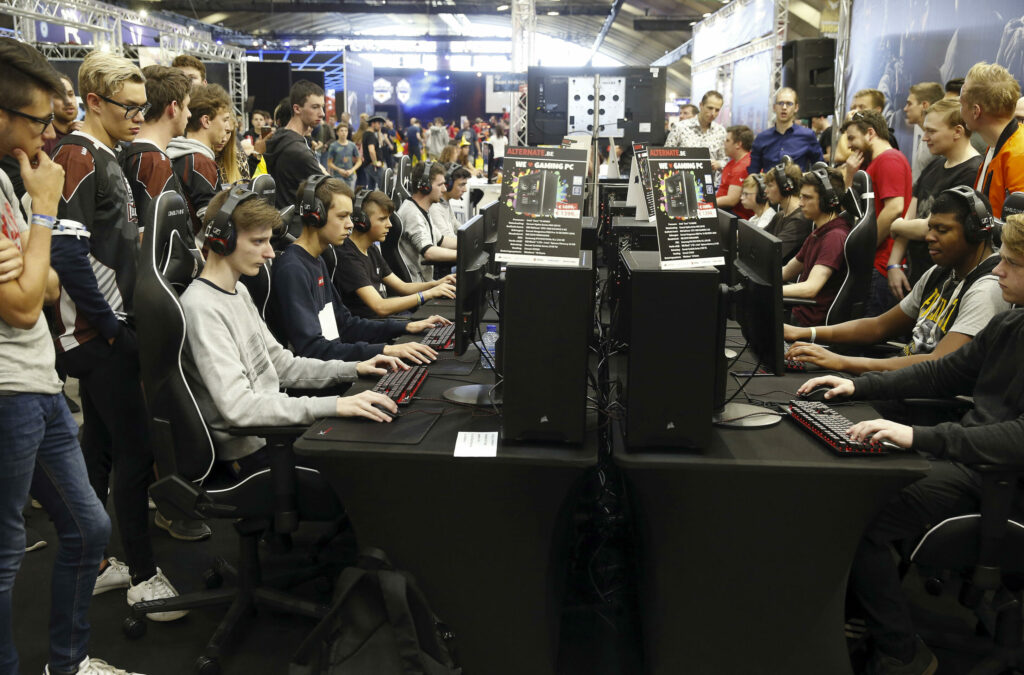The video game sector in Belgium witnessed a staggering 21.8% surge, reaching €708 million in turnover for 2023, as reported by the Video Games Federation Belgium (VGFB) and De Tijd on Tuesday.
Speaking to De Tijd, the sector federation CEO David Verbruggen attributed this notable increase primarily to the soaring sales of PlayStation 5 consoles. The scarcity of PS5 availability in 2022, driven by a chip shortage, contrasted with its dominance as the best-selling gaming console throughout 2023.
The reported turnover encompassed various aspects, including sales of games, subscriptions, accessories, and global sales of Belgian-originated video games. However, it notably excluded revenue from in-game advertising, merchandising, and PC hardware sales.
Despite the industry's flourishing financial landscape, everything in the digital garden is far from rosy with concerns looming over the integration of artificial intelligence (AI) in gaming. While AI can enhance gameplay complexity and depth, which make games more appealing and immersive – and therefore more attractive to consumers, it also poses challenges such as cost efficiency and the proliferation of derivative content.
In January, the emergence of Palworld stirred controversy within the gaming community. Criticised for its striking resemblance to Pokémon characters, Palworld leveraged AI to create its game environment. Despite accusations of plagiarism, the game garnered significant success, sparking debates about the ethical implications of AI-driven game development.
Inspiration v imitation
The prospect of AI gradually replacing human involvement in game creation raises apprehensions about the industry's future artistic integrity and uniqueness. While AI has long been integral to gaming, modern advancements pose existential questions about its impact on creativity and employment within the sector.
Historically, games like Rogue pioneered procedural generation techniques, fostering endless variations within game worlds. However, contemporary AI models, such as ChatGPT and Dall-E, draw upon vast datasets, blurring the lines between inspiration and imitation.
Furthermore, the rise of AI-driven voice technology raises concerns among voice actors, exemplified by actor Troy Baker's recent withdrawal from a project utilising AI-generated celebrity voices. The broader implications of AI in the entertainment industry have prompted union disputes and fears of widespread job displacement.
Major gaming corporations, including Microsoft, Square Enix, and Unity, are increasingly investing in AI technologies, spanning creative tasks like dialogue generation, storytelling, and character design. While some envision a future where AI empowers player-generated content, others fear it will exacerbate the industry's shift towards quantity over quality.
The gaming industry has already witnessed a wave of layoffs, with over 17,000 job losses reported since the onset of 2023. As companies prioritise cost-cutting measures to appease shareholders, the integration of AI threatens to further diminish opportunities for creative professionals, potentially stifling innovation and diversity within the gaming landscape.
In this era of unprecedented growth and technological advancement, the gaming industry finds itself at a crossroads, grappling with the dual challenges of economic prosperity and ethical responsibility amidst the relentless march of artificial intelligence.

